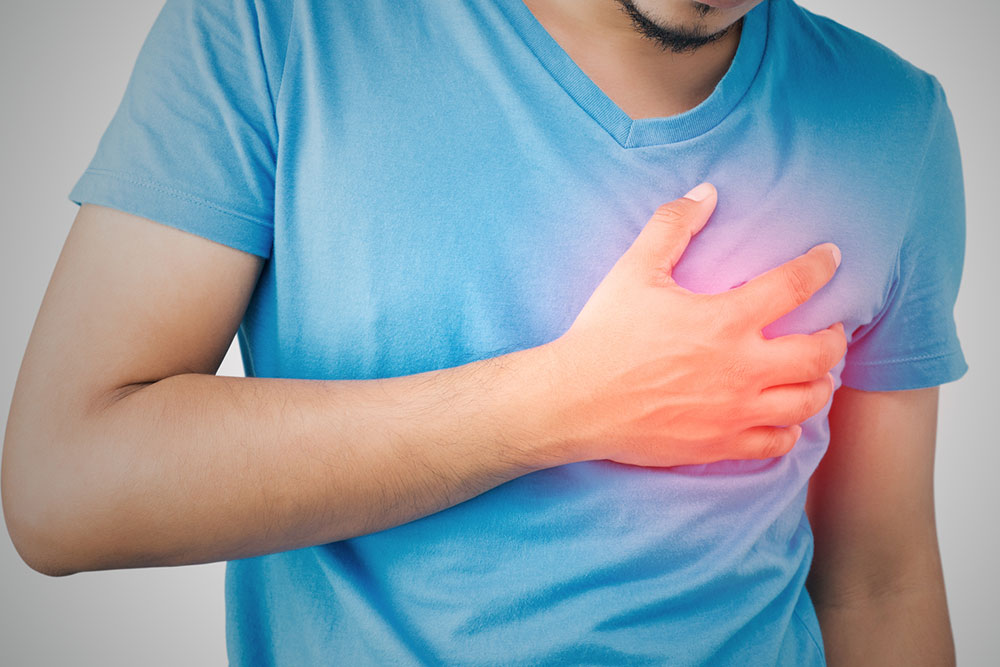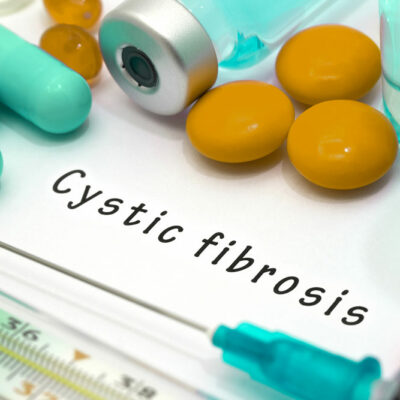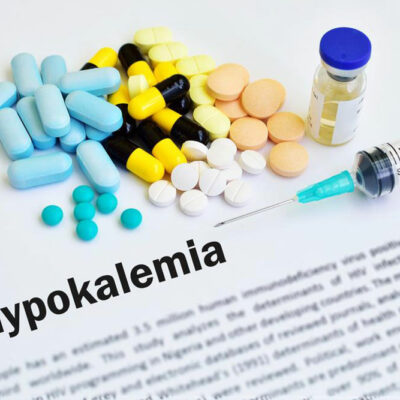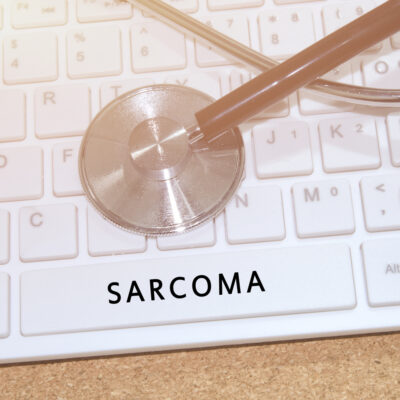
Treatment procedures for heart attack
In the event that a person has had a heart attack, doctors in the emergency ward or cardiologists would recommend different treatment options or surgical procedures to relieve pain, or to prevent the occurrence of heart attacks in the future.
The treatment procedures for a heart attack depend on many factors like the reason why it happened and the lifestyle factors that may have triggered the condition. Some factors that increase the risk of a heart attack are smoking, drinking, unhealthy dietary habits, a sedentary lifestyle, or extreme stress. Unalterable causes of a heart attack are age, gender, family history or ethnic background, and other health conditions like high blood pressure, high cholesterol, or diabetes. The treatment plan will depend on the duration after which the heart attack treatment was initiated, and whether one was conscious or unconscious after the attack. Depending on whether one has suffered an ST-segment elevation myocardial infarction (STEMI), the complete blockage of a coronary artery, or a non-ST-elevation myocardial infarction (NSTEMI), a partial blockage, the treatment options suggested by doctors would vary.
After an angiogram or cardiac catheterization is done to examine how well the heart is functioning, one or more procedures are performed to treat this heart condition. In the event that an individual’s pulse drops and the heart stops beating during a heart attack, a cardio-pulmonary resuscitation or CPR would be the primary strategy to revive the damaged heart muscles. CPR involves manual chest compressions or the use of a defibrillator. Subsequently, a combination of medications might be recommended:
- In the event that an artery is completely blocked, thrombolytic medications are administered intravenously to clear the blood clots. These medications must be administered in the first 12 hours after a heart attack to minimize damage to the heart.
- Anti-platelets medications like aspirin work by either eliminating or reducing the risk of further heart attacks by preventing the formation of new clots. They may also prevent the existing clots from growing bigger.
- Anticoagulants or blood thinners may be recommended to prevent or reduce the formation of blood clots.
- Statins that lower blood cholesterol levels help reduce the risk of heart disease.
- Beta blockers like atenolol and carvedilol are given to treat an irregular heartbeat and to reduce the pressure on the chest. They relax the heart muscles and lower blood pressure.
- Angiotensin-converting-enzyme (ACE) inhibitors bring down high blood pressure, help improve blood flow by widening the arteries, and prevent further damage to the heart muscles.
- Painkillers like morphine are suggested to ease discomfort.
- Nitroglycerin helps improve blood flow to the heart by dilating blood vessels.
Some of the most commonly adopted procedures for treating heart attack are angioplasty or atherectomy, CABG or coronary artery bypass graft, PCI or percutaneous coronary intervention, stenting, bypass surgery, heart valve surgery, or implanting a pacemaker. In extreme cases, a heart transplant may be recommended as a treatment for a heart attack. The medical practitioner will decide which of these treatments and procedures will provide the best results.


